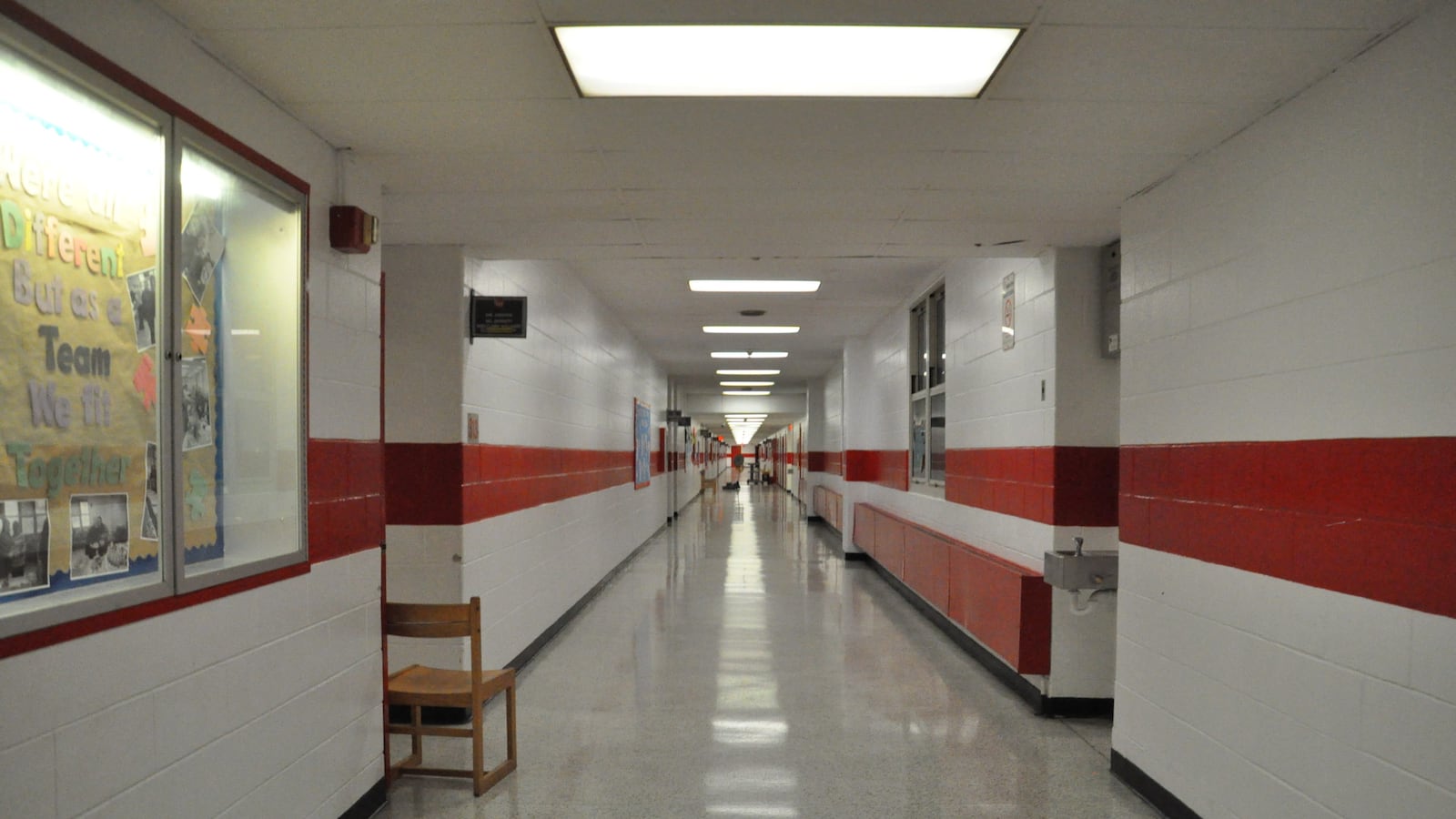The Newark Teachers Union vowed to make sure that all school employees know how to help students with asthma, in the wake of a Chalkbeat article showing the toll the illness has taken on the city’s students and schools.
John Abeigon, Newark Teachers Union president, said the organization will assess how many educators have received training and work to quickly provide training to any teachers, aides, or clerks who haven’t. Abeigon said the union would talk to the district about what training currently exists and then look for certified trainers among current staff — or pay for training if that’s needed.
“I don’t want a struggling teacher or even a veteran teacher to have an incident in front of her and not have direction or instruction on how to deal with the situation,” Abeigon told Chalkbeat. “It’s fearful enough for the child that’s going through an attack, but to be in an environment where the adults don’t know what to do — that’s even scarier.”
Do you have experience with asthma in Newark schools? Share your story here.
Abeigon’s comments come a day after a Chalkbeat article chronicled the asthma-related deaths of several Newark schoolchildren, including two at the same school within two years of each other. Grieving parents and educators asked for more training for teachers about the dangers of asthma and called on schools to increase awareness.
One in every four children in Newark has asthma — three times higher than the national average. And while asthma-related deaths are rare nationwide, Newark has experienced an average of a death a year from 2010 to 2017, according to the New Jersey Department of Health.
Newark’s asthma crisis has a direct impact on schools, since the illness leads to absenteeism. Superintendent Roger León recently called asthma one of four health issues that impede student achievement.
While New Jersey law requires annual “asthma education opportunities” for educators, it’s unclear how often they are occurring in Newark. While all of Newark’s public schools were designated “asthma-friendly” a decade ago — meaning staff were trained to deal with asthma and each school had a nebulizer — now only 11 schools have the title. Newark Public Schools declined to talk to Chalkbeat for the article.
Abdula Sewell, whose 7-year-old son Leland died from an asthma attack suffered at their home two years ago, said he was glad to hear about the union’s efforts. Sewell had taken a job at his son’s school so he could help in case of an attack. He continued working there even after Leland died and was heartbroken when another child died two years later following an attack that started at school.
“Finally someone’s eyes and ears are opening and they’re willing to take the proper steps to prevent anything like this happening again,” Sewell said Wednesday. “That’s all I really wanted to do and all these parents want is to bring awareness. All we needed was someone to say, ‘How can I help?’”

